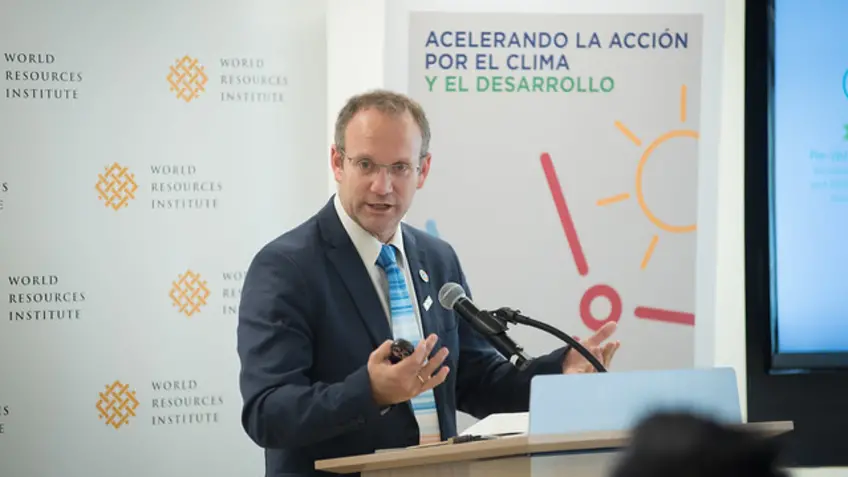Leadership driven by low emissions and high commitment
Gender, climate and poverty are inevitably interconnected. On one hand, at a global scale, women are more vulnerable to climate change as, under poverty conditions, they are the ones who have to face the great challenges posed by (and the costs derived from) droughts, floods, landslides and hurricanes; and to this point everybody should know that most poor people are, in fact, also women. On the other hand, however, women’s participation among decision-making bodies relevant to the climate crisis is extremely low. In fact, with combined leadership driven by Caroline Schmidt and Patricia Espinosa, COP25’s could become an exception and hopefully set a new trend moving forward.
Furthermore, when it comes to adapting the living conditions of climate-affected populations, it is crucial to have a deep understanding of those suffering the consequences in first place. Thus, if decisions continue to be made by those who do not directly feel the effects of climate change and/or by those with a higher likelihood of adaptability, it will take longer to adopt needed solutions which may not even be the most effective. For this reason, we need more women in planning, regulating and implementing effective measures to fight the climate crisis, in addition to representatives from other vulnerable groups like the elderly, children, or people with disabilities.
Amid this global context with extremely low representation of women in international summits, governments, parliaments and private companies involved in making climate decisions, it is urgent for women to become key players in designing public policies, driving the economy, and representing the civil society.
With regards to government and parliamentary authorities, international evidence shows that countries with parliaments with above average representation of women are more likely to ratify environment-oriented treaties and to declare protected lands and/or natural reserves.
In short, climate change-related decisions must include a gender focus. Men have historically acted from a place of competition, whereas women are able to add an approach based on collaboration, creating and protecting life. With these premises, while we hesitate on whether it is worth accelerating carbon neutrality, logically, men may continue to hesitate on that decision due to their short-term vision conditioned by immediate gains. Women, however, might not think likewise, due to their more caring vision, which involves the future generations. I believe we require greater women leadership, which is driven by the desire of achieving low emissions but also with a high degree of commitment. Women are undeniably becoming the key factor we lack towards adopting a development model based on a truly sustainable economy.
It is high time to act upon that.
This op-ed was written by Gonzalo Muñoz, COP25 High-Level Champion and co-founder of TriCiclos and SistemaB, in contribution to the NDC Partnership. Read this op-ed in Spanish.
